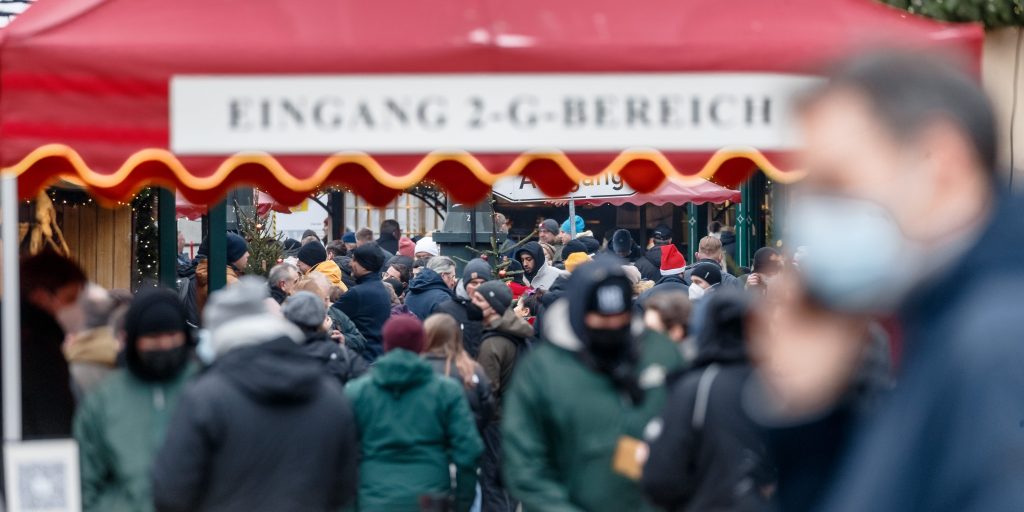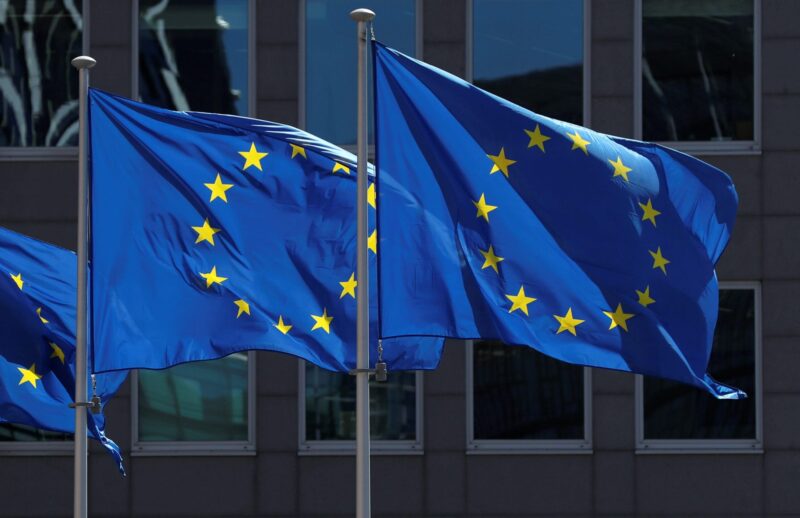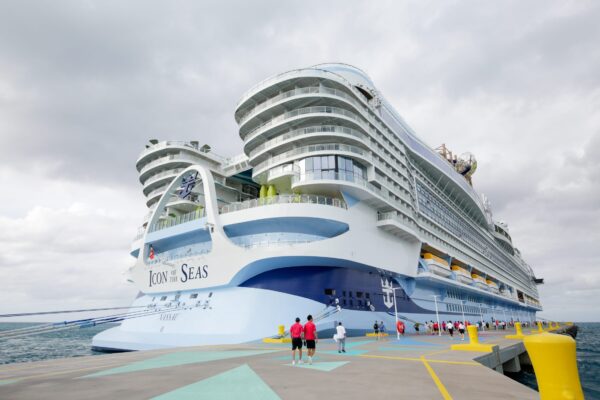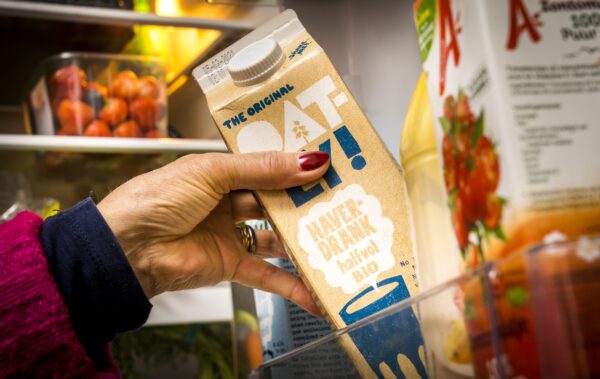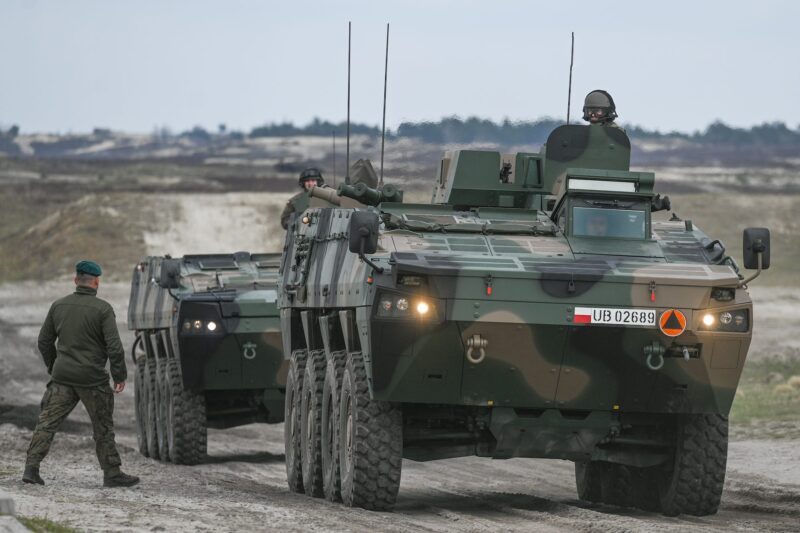- Europe is facing a shallow recession amid the energy crisis, UBS analysts said in a note.
- The firm expects natural gas prices to continue to climb, and inflation to hit 9.4% in September.
- However, the economic outlook for the continent could get worse if gas rationing becomes necessary.
Europe is facing a shallow recession as climbing energy prices continue to add economic pressure to member nations, but things could get even worse in the event of natural gas rationing, according to UBS.
"In light of further significant energy-price increases, which imply further pressure on household consumption and fixed investment, we now expect the euro zone to suffer a technical recession," UBS analysts led by Reinhard Cluse wrote in a Thursday note.
Driving the firm's outlook is the expectation that natural gas prices will continue to climb, but nations ultimately will not have to restrict physical volumes of energy.
Dutch TTF futures, the benchmark European price for natural gas, is trading at more than 1,200% above the average price seen in the 2010s.
If the energy crisis gets to a point where rationing is imposed, UBS said economies could face even worse economic outlooks.
"Crucially, our base case scenario remains that physical rationing of gas will be avoided," the analysts wrote. "Should this assumption turn out to be too optimistic, the economic disruptions would most likely become much worse than our new base case scenario implies"
In particular, Europe's largest economy, Germany, will be uniquely impacted as it faces supply disruptions from low water levels in the Rhine River and dwindling production, analysts noted.
Germany is facing massive headwinds, as electricity prices in the country skyrocketed more than 600% in the year to July, which has put pressure on businesses and consumers. The German economy stagnated in the second quarter of 2022, and other commentators have forecast an imminent recession.
Similarly, Italy will face a downturn, the authors explained, while France and Spain should avoid recessions.
UBS added that economic recoveries across the Eurozone could come in the event of "faster-than-anticipated dissipation of uncertainty" in regard to the Ukraine war, as well as declining energy prices and stronger fiscal stimulus.
The analysts said inflation will hit a peak of 9.4% in September before declining to about 8.1% by the end of this year.
Meanwhile, Russia's Gazprom is set to close down the Nord Stream 1 pipeline for a three-day maintenance on August 31. The move has raised fears that gas flows may be shut off entirely as a result.
